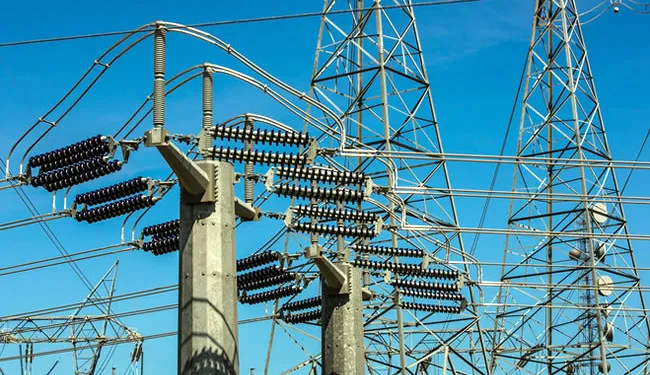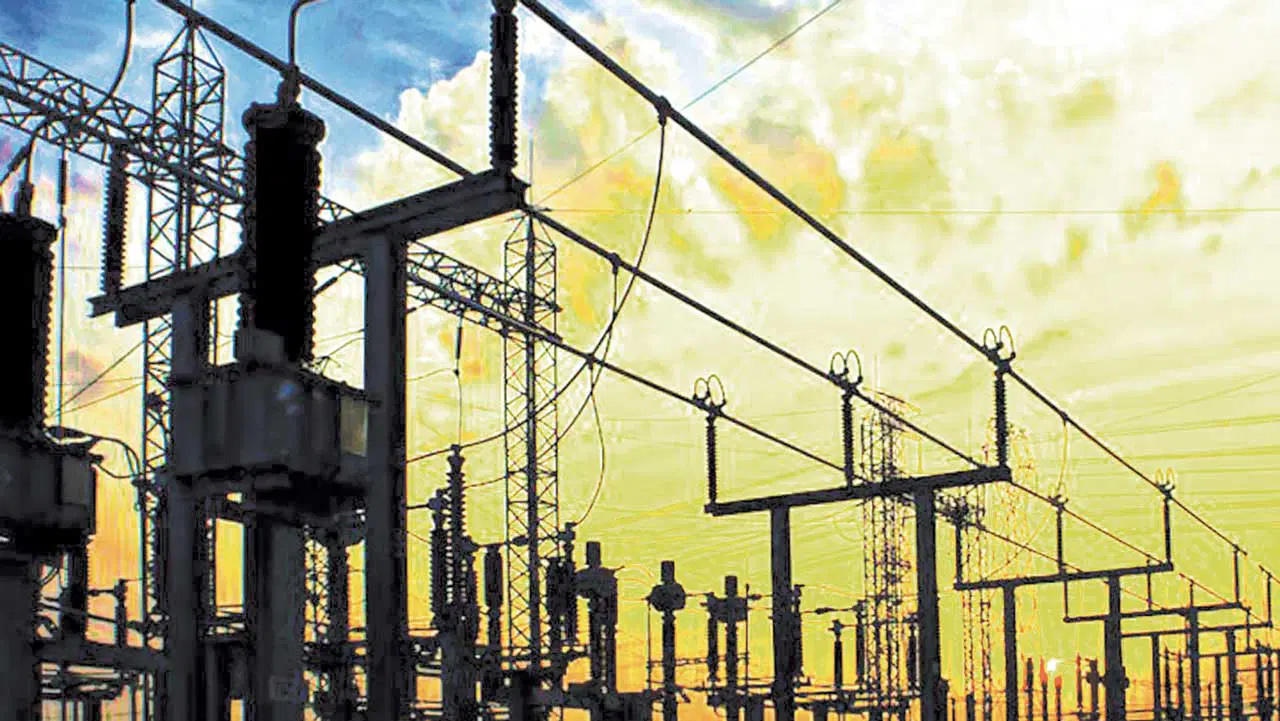Overwhelmed by Nigeria’s chronic electricity failures, the Federal Government has told all 36 states to take charge of power generation, transmission, and distribution.
Minister of Power, Adebayo Adelabu, said this on Tuesday at the Nigeria Energy Leadership Summit in Lagos. He declared that the only path to ending Nigeria’s power crisis is to “decentralise the system and hand control to the states.”
Adelabu said the Federal Government now recognises that “centralisation can never work for a country as vast as Nigeria.” That, he explained, was why President Bola Tinubu signed the Electricity Act 2023, which devolves regulatory powers to state governments.
“At the centre, you cannot, from Abuja, guarantee stable power across the country,” Adelabu said. “Each state must now play in every segment of the value chain — generation, transmission, and distribution.”
15 States Already Have Power Market Autonomy
According to Adelabu, 15 states have already received regulatory autonomy and launched subnational electricity markets, with Enugu State fully operational through its own electricity commission.
He said more states are expected to follow, as discussions continue between the Rural Electrification Agency (REA) and governors to activate local markets, particularly for off-grid and semi-urban communities.
“We believe the active involvement of the states is critical,” he said. “The REA has met with nearly 20 states to expand rural electrification. It’s time to milk the cow, not just admire it.”
Adelabu urged governors to start challenging the Transmission Company of Nigeria (TCN) and power distributors over poor service delivery. “You must drive the DisCos. Track their performance. Challenge them,” he said.
States Told to Court Private Investors
The minister insisted that the power sector cannot be funded by government alone. “There are too many competing sectors — education, health, defence,” he said. “We need private capital infusion, both local and foreign.”
He urged states to attract investors for small hydro, solar, thermal, or wind projects, saying that energy security must begin at the subnational level.
Adelabu cited examples like South Africa’s $25 billion grid expansion initiative and Nigeria’s $2.3 billion Siemens project, arguing that Nigeria’s market remains open to ambitious investors willing to modernise the grid.
“A lot of our states are bigger than some West African countries,” he said. “Who says they cannot run their energy systems as independent markets?”
Enugu, Lagos, Katsina Signal Readiness
At the conference, Chijioke Okonkwo, chairman of the Enugu Electricity Regulatory Commission, said Enugu was already inviting investors to build mini-grids. “That is the way to go,” he said.
Lagos State governor Babajide Sanwo-Olu, represented by Energy Commissioner Biodun Ogunleye, said Lagos was ready to “lead the pack” and collaborate with private developers. Katsina State’s deputy governor, Faruk Lawal-Jobe, also confirmed his state’s readiness to partner with investors to “light up Katsina.”
Industry experts say the minister’s message could redefine Nigeria’s power landscape if the states truly act.
Since the Electricity Act 2023 was signed, 21 states have yet to create their own electricity markets, leaving the sector still over-centralised. Adelabu’s call, they say, may finally awaken states to their new powers — and responsibilities.
He said the government is pushing policy reforms, local content growth, and tariff adjustments that already raised industry revenue by 70 percent to ₦1.7 trillion in 2024, with projections to exceed ₦2 trillion in 2025.
Rate, Like 👍, Comment 💬, Share this article, Follow us on our social media handles, and Submit your own story to get featured and earn rewards!








